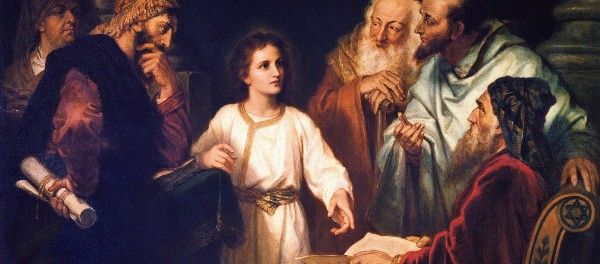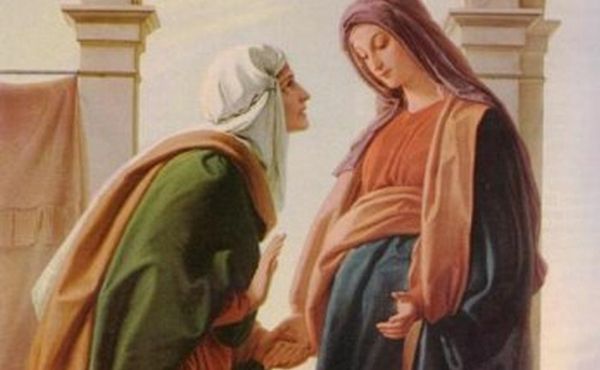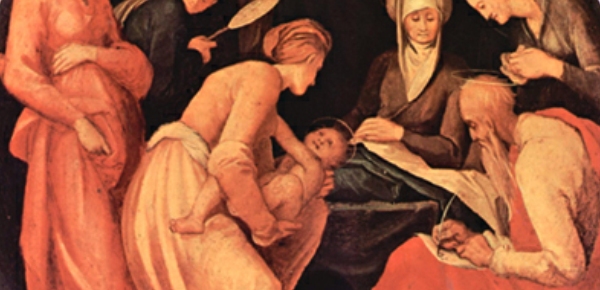
Luke 5:1-39
Alright people, let’s get to this. These are going to have to come fast and furious, so please receive it in its rough form.
Back in Luke 4, Jesus had a power encounter with Satan in which Jesus made clear that his “vocation” was to be the chosen People Person of God – the Son of God – that Israel had failed to be. And now, it was time to get work on demonstrating what happens when the Kingdom of God breaks in around us.
While there are a number of remarkable things about the calling of Peter and the other early disciples, perhaps the most striking thing about the story isn’t the manner in which he calls them, but who he calls. Peter is a regular guy. He’s got a 9-5. The same is true for his co-workers. I am certain that Peter and the fellas woke that day with the expectation that it was going to be another normal day. As far as work was concerned, it was sort of a bust. No fish. None.
Then Jesus shows up. And not only do they end up taking in the largest haul any of them had every experienced, but Jesus invites them into his Kingdom work. Here was a guy who believed enough in them to say, “I want you to join me in turning the world upside down. You in?” And they were. They dropped everything and followed him. That is how it is in the Kingdom.
Next, he encounters a man with leprosy. And regardless of how traumatizing this man’s physical condition was, his legislated rejection from the community of God’s people would certainly have been more painful still. Excluded from Temple worship. Excluded from joining with his fellow Jews.
All that changes for him in an instant. Jesus comes to town, and despite the Law’s insistence that the “unclean” stay separate from the “clean,” the diseased man casts aside convention to throw himself at the feet of Jesus. And in that moment, Jesus extends his hand, makes physical contact with him… and he is healed. Inside and out.
News spreads rapidly, Jesus’ reputation and popularity are beginning to take off. And yet, Luke wants us to take note… Jesus often retreated to be alone and pray. In our contemporary church culture that places penultimate value on community and relationships (and in many ways, rightly so), Jesus makes clear that times of solitude are equally precious and meant to be sought out.
This dual healing seems to be the refrain throughout chapter 5. His next encounter is with a paralyzed man and his optimistic friends who literally drop him at Jesus’ feet. Jesus looks at the paralytic and addresses this man’s most obvious need. Surprisingly, it isn’t restoring his ability to walk. It is his inward brokenness. And Jesus speaks healing to him in a single word… “forgiven.”
But the healing doesn’t end there. Jesus attends to his secondary need as well. The external healing reflects what has happened in the dark and undisclosed recess of his heart. “Get up… go home.” Certainly, a straightforward enough command. But perhaps just below the surface one sees the broad sweeping invitation for all people to stand up and walk away from that thing which truly paralyzes and to return to our true home.
It won’t come as any surprise that he repeats the scene in a slightly different manner immediately after that. Now the malady isn’t so obviously a physical problem, but a social one. Jesus associates with people that no self-respecting Jew would ever sit at table with. But Jesus makes his intentions clear, “It is not the healthy who need a doctor, but the sick. 32 I have not come to call the righteous, but sinners to repentance.”
Jesus’ mission made plain, “I have come to heal.” In fact, if someone only had this chapter as a record of Jesus life and mission, one would come quickly to the conclusion that Jesus came to “heal” the whole person… inside and out.
Or maybe from the inside out. Being “healthy” is an obsession in American culture. I couldn’t begin to guess what kind of revenue the “health” industry generates. Health clubs, health food, psychic healers, health insurance, health care, etc… And I’m not just pointing the finger either. I’m pretty committed to a healthy lifestyle as well.
And yet with all our preoccupation with being healthy, so little attention is focused on the whole person being cured. So much so that when one begins to look inward, we get that all messed up too. If all we had was chapter 5, we would see that what a person most desperately needs is to be called by Jesus, touched by him, have a word spoken to by him, and to sit at his table. And that is what it looks like when God’s Kingdom comes “on earth as it is in heaven.”










